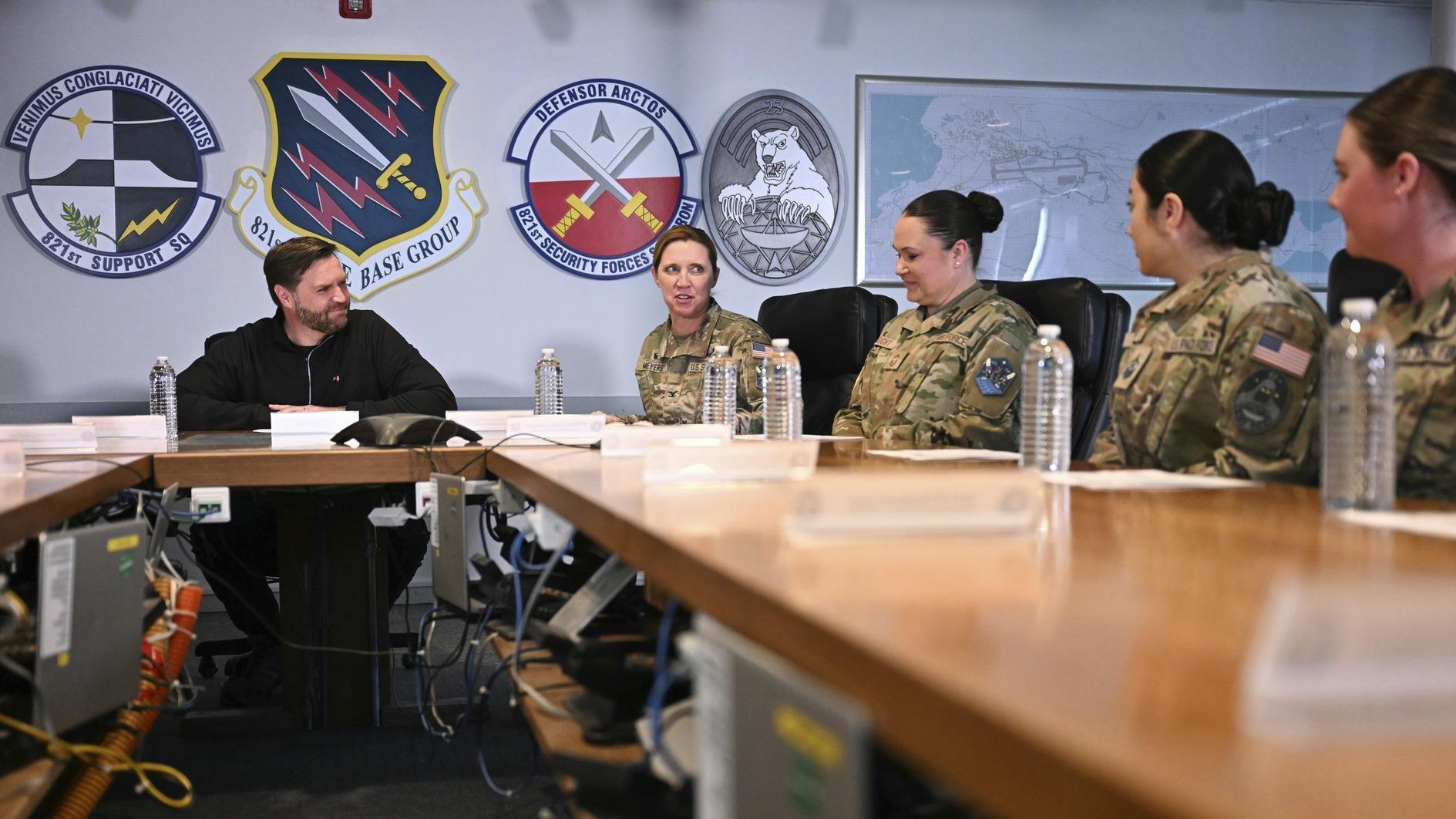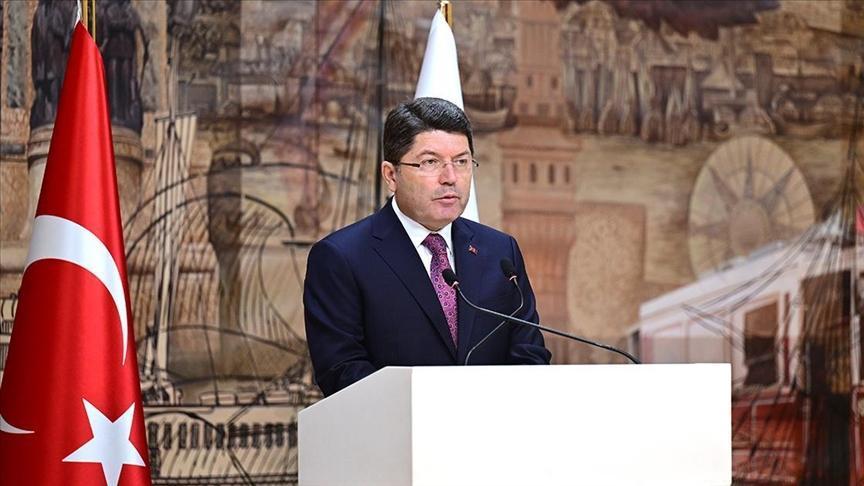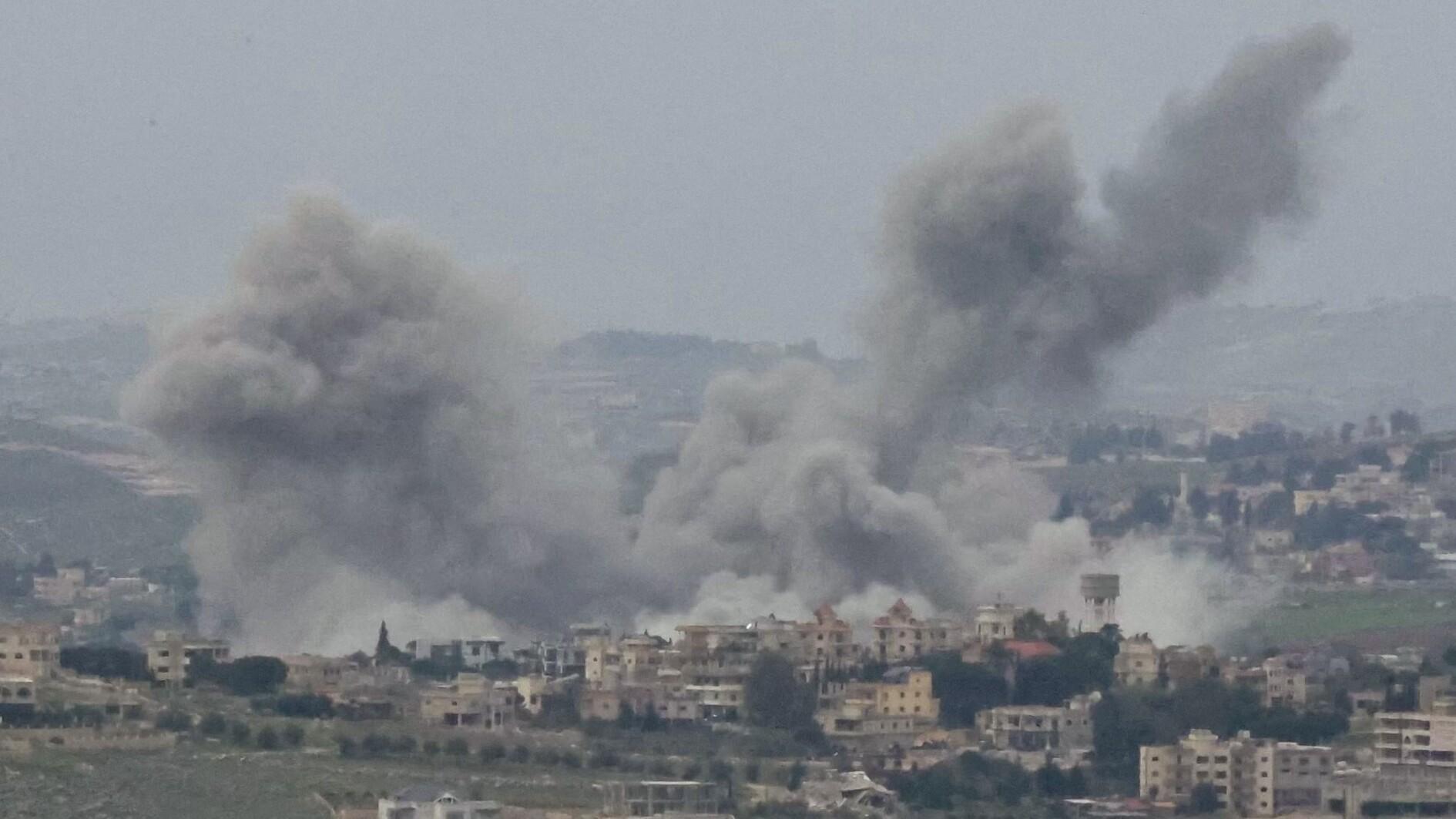A Turkish-Greek opinion poll before dialogue starts
To say that June and July have been an eventful period for the relations between Turkey and Greece is an understatement. Things considerably got from bad to worse, lately.
The gradual easing of measures against COVID-19 in Turkey in May was followed by an acceleration of bold strategic moves by Ankara, which in turn caused a lot of discomfort in Athens that interpreted them as pure aggression.
The application on May 30 by the Turkish Petroleum (TPAO) to the Turkish authorities, to permit the exploration for gas and oil of the area between Crete and Rhodes - an area considered by Greece as falling under its maritime jurisdiction - carried an already problematic relation to another level of deterioration.
Things were already tense. On May 29, celebrations for the “Fetih,” the conquest of Constantinople in 1453, gave a marked emphasis on the victory of Islam over Christianity. It did not have direct relevance to what had been happening in the Eastern Mediterranean. But it did upset the religious sentiments of the Greeks and their communities abroad, who saw it as another “hostile” move by the Turks.
On the field, Ankara moved one more step. On July 2, it issued a NAVTEX for seismic research by its seismic ship Oruç Reis in the same area between Crete and Rhodes. The temperature rose to a dangerous level, but in the last moment, a surprise decision by Ankara sent Oruc Reis back to the port of Antalya, “giving time for dialogue,” the Turkish president said apparently. It looked as an initiative by Berlin to de-escalate tensions and start a dialogue between Greece and Turkey that was accepted by both sides.
From that moment onwards, it seemed that a new agenda has been set, the two sides looked as they were about to talk - some say they are already talking. We are expecting a Greek delegation to arrive in Ankara “in a few weeks,” Turkish Defense Minister Hulusi Akar stated this week.
So, while we are waiting for a formal re-start of bilateral dialogue, perhaps it is interesting to look at a new survey by the Greek Kapa Research company, which gives us an insight into how the citizens of both countries think about each other.
This double comparative survey, “Greece vs Turkey: Double Comparative Survey/General climate/ COVID-19/Greek-Turkish relations/Leadership,” was carried out both in Turkey and Greece, between July 27-30. Some 806 people from Greece and 1,002 from Turkey participated and answered questions through telephone and internet.
There were some very interesting results considering the timing of the research. I picked up the most thought-provoking.
According to the survey, public opinion in Turkey is being split into two over the conversion of Hagia Sophia (49 percent in favor as opposed to 45 percent against). The vast majority of Greeks (86 percent) believe that Turkey should have kept Hagia Sophia as a cultural heritage museum.
Speaking generally, 52 percent in Greece answered that their country is moving “in the right direction” or probably in the right direction.” By contrast, 45 percent answered that they are going “in the wrong direction” or “probably in the wrong direction.”
About 39 percent of the respondents in Turkey think that their country is moving “in the right direction” or “probably in the right direction,” while 57 percent think the opposite.
Regarding the geostrategic developments in the Eastern Mediterranean and the exploitation of natural resources, the two sides are far apart. The vast majority of Greeks (81 percent) believe that Turkey violates international law and has become a factor of instability in the region. In comparison, 81 percent of Turks believe that “Turkey has rights in the Aegean and the eastern Mediterranean and is rightfully exploring for gas and oil.”
Perhaps the most exciting answer relates to a hypothetical scenario whereby things get worse, and the government of each side considers that the sovereign rights of the country are being obstructed or violated. What will they do?
Some 52 percent of the Greek respondents said they would prefer to exhaust any dialogue, while 46 percent would agree with the use of military means. However, Turks appear more eager for peace. About 57 percent say that they want the chances of dialogue to be exhausted, and just 35 percent appear ready for military intervention. That is quite an intriguing piece of information.
With regards to who is a foreign leader, Greeks and Turks do not see eye to eye. German Chancellor Angela Merkel seems to be the favorite of the Turks with 51 percent in favor (only 24 percent Greeks think so). In comparison, French President Emmanuel Macron appears to be the favorite of the Greeks with 76 percent in favor (only 11 percent of Turks agree). Though the citizens of both countries agree that U.S. President Donald Trump is the least popular of all, for the Greeks, he is one above the very bottom (the least popular is the “Turkish” Boris Johnson).
Yesterday, Greek Prime Minister Kyriakos Mitsotakis sent a clear message that Greece is ready for dialogue with Turkey, “but not under a status of threats.” He suggested for both countries to seek international arbitration for the issues they disagree with and abide by the ruling of the court whatever that might be.
There is a light breeze of optimism for a de-escalation of tension. But there is a long way ahead before a real change of weather.











